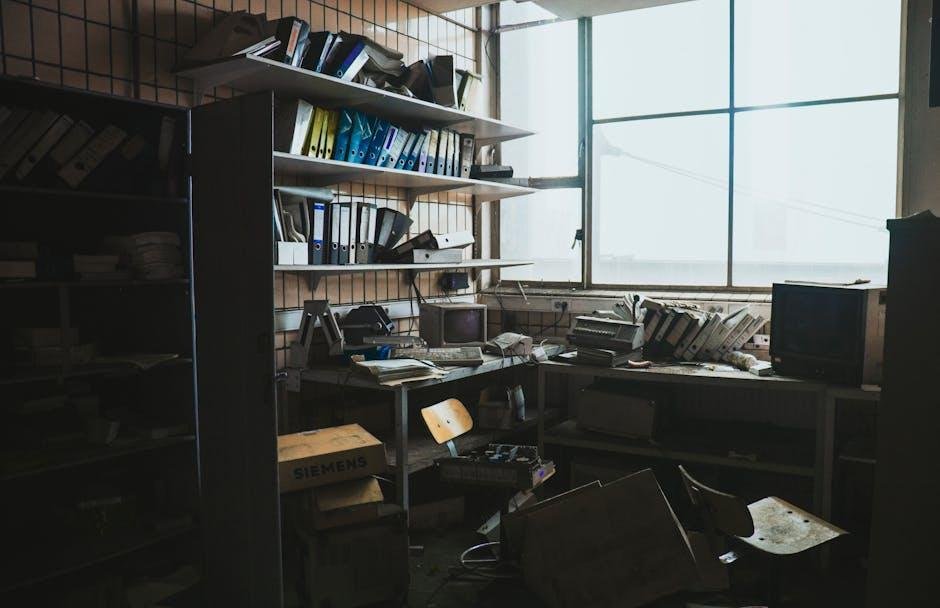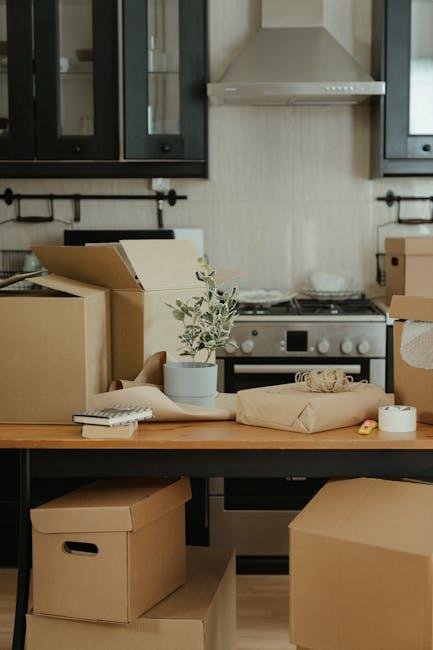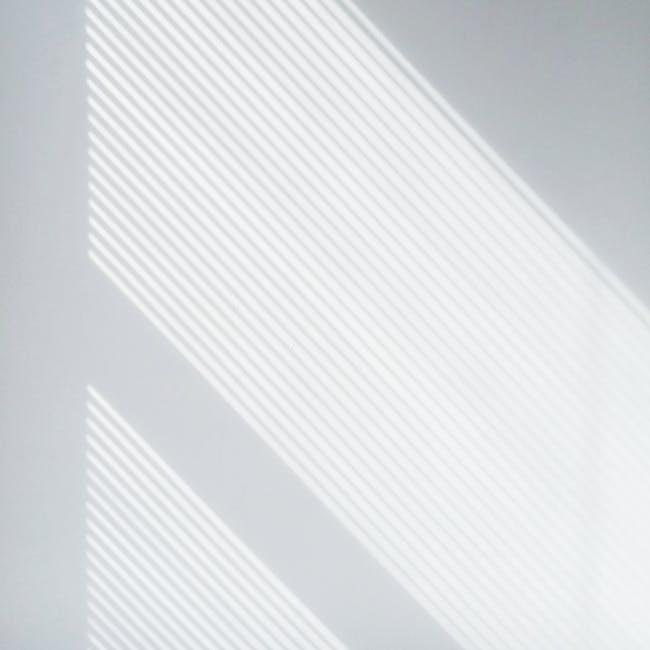In a world frequently enough characterized by chaos and constant stimulation, the act of decluttering has emerged not just as a trendy lifestyle choice but as a powerful tool for mental clarity. Imagine stepping into a serene space where your surroundings reflect tranquility, free from the distractions of unnecessary possessions. Decluttering doesn’t merely transform our physical environments; it offers significant benefits for our mental well-being. As we explore the multifaceted advantages of tidying up—ranging from enhanced focus and productivity to reduced anxiety and improved decision-making—we invite you to consider how letting go of the superfluous may lead to a clearer, more centered mind. Join us on this journey through the psychological landscapes of simplicity and order, discovering how the act of clearing away the clutter can illuminate pathways to a more balanced, fulfilling life.
Understanding the psychological Impact of Clutter on Mental Clarity
Clutter possesses a remarkable ability to encroach on our mental space,casting a shadow over our cognitive functions. When faced with overwhelming disarray, our brains are often overloaded with stimuli, making it challenging to focus on tasks at hand. Visual clutter can lead to increased levels of stress, as our minds constantly attempt to process all the competing demands for attention. This incessant mental chatter can result in diminished productivity and heightened feelings of anxiety.
On the flip side, embracing a tidier habitat can lead to profound enhancements in mental clarity. A minimalist space allows our minds to breathe, fostering a calm atmosphere conducive to creativity and focus. The act of decluttering can also serve as a form of emotional release, enabling individuals to confront unresolved feelings tied to their possessions. Key benefits of a clear space include:
- Improved Concentration: A tidy environment decreases distractions.
- Enhanced Productivity: Fewer items to manage mean more efficient task completion.
- Reduced Stress: A serene space promotes relaxation and lowers anxiety levels.

Practical Strategies for Effective Decluttering in Daily Life
To engage in a accomplished decluttering process, it’s essential to adopt practical, manageable strategies that fit seamlessly into your daily routine. Start small by allocating just 10 to 15 minutes each day to tackle a specific area in your home or workspace. This could be a drawer,a shelf,or even your digital files.Set clear goals for each session, and focus on keeping only the items that serve a purpose or bring you joy. Consider utilizing the Four-Box Method: one box for items to keep, one for trash, one for donation, and the last for items that need a decision later. This approach simplifies the process, allowing you to see your progress while making thoughtful choices about what to retain.
Another effective way to maintain a clutter-free environment is to establish a daily ‘one-in, one-out’ rule. For every new item you bring into your space, commit to removing one item. This method prevents accumulation and encourages mindfulness in your purchasing habits. Create designated zones in your home for specific purposes—for example, a reading nook where books belong and a charging station for electronics.These zones can help keep clutter contained and easy to manage. Incorporating routines such as a weekly review or monthly deep clean can also foster a habit of ongoing decluttering, ensuring that your surroundings remain orderly and harmonious.

The Role of Minimalism in Enhancing Focus and Productivity
Embracing minimalism can be a transformative strategy for enhancing both focus and productivity. By clearing your physical space, you together eradicate mental clutter, allowing for a serene environment conducive to deep work and concentration. When distractions are minimized,whether they are unnecessary objects or excess digital notifications,the mind can redirect its energy towards significant tasks that contribute to personal and professional goals. This clarity not only fosters creativity but also empowers one to engage with challenges more effectively.
Moreover, minimalism encourages intentionality in daily routines. By prioritizing essential items and practices, individuals can develop streamlined habits that enhance efficiency. consider the following advantages of a minimalist approach:
- Reduced Stress: A simplified environment can alleviate anxiety and create a calming atmosphere.
- Improved Time Management: Fewer distractions enable better prioritization of tasks.
- Enhanced Decision Making: Clarity in your surroundings leads to clarity in choices.

Maintaining a Clutter-Free Environment for Long-Term Mental Well-Being
Creating a clutter-free environment is not just about aesthetics; it’s a pathway to enhancing long-term mental well-being.A space rich in organization fosters clarity and a sense of peace, allowing the mind to focus on what truly matters. When your surroundings are clear and intentional, it encourages a more nurturing atmosphere for creativity and productivity. The act of decluttering itself can be cathartic, offering a chance to reflect on what you value and need while letting go of excess that weighs you down.
To maintain this serene environment, consider implementing a few simple strategies:
- Regular Decluttering Sessions: Set aside time weekly or monthly to assess your space.
- adopt a One-In, One-Out Rule: For every new item you bring in, consider letting go of an old one.
- Create Designated Zones: Assign specific areas for different activities to minimize overlap.
- Incorporate Mindfulness: Practice being present and intentional with your surroundings.
Here’s a speedy reference table highlighting the benefits of a decluttered environment:
| Benefit | Description |
|---|---|
| Improved focus | A clear environment leads to reduced distractions. |
| Greater Calm | Minimized clutter can reduce anxiety and stress levels. |
| Enhanced Creativity | A clean space opens up mental pathways for new ideas. |
Closing Remarks
In a world perpetually buzzing with distractions, the simplicity of decluttering emerges as a profound antidote. As we’ve explored, the act of clearing our physical spaces can lead to a remarkable shift within—cultivating clarity, enhancing focus, and nurturing a sense of peace. It’s more than just tidying up; it’s an invitation to breathe easier, think clearer, and reconnect with what truly matters.
As you embark on your own decluttering journey, remember that each item you release holds a story, and each space you refine holds potential. In embracing this process, you pave the way for a calmer, more intentional existence.Let the echoes of your decluttered space resonate in your mind, creating a sanctuary that fosters creativity and tranquility. So, take that first step—your clearer mind awaits, ready to embrace the beauty of simplicity and the power of presence.

